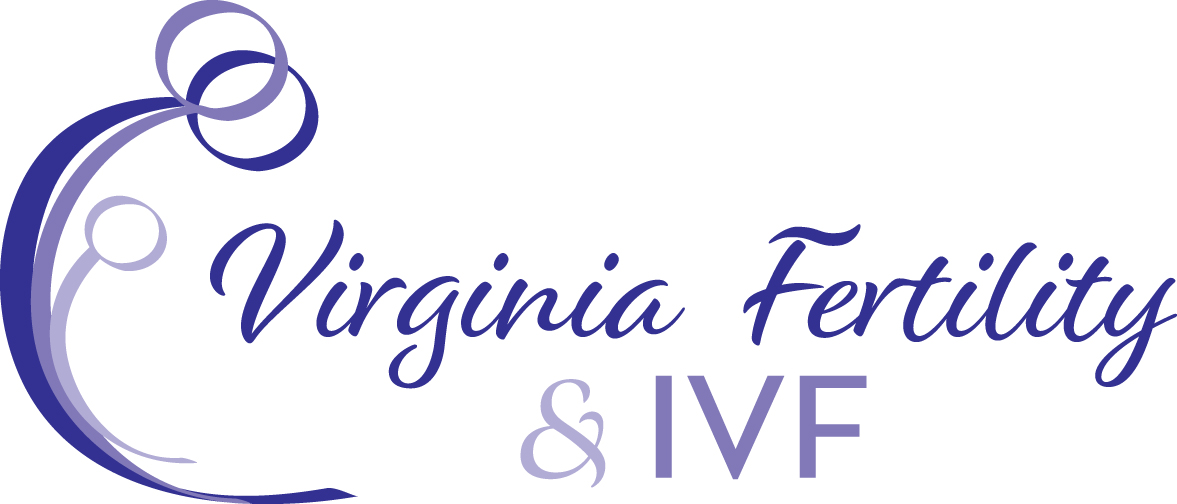Assessing ovarian function relates to “How well are the ovaries and eggs inside working?” Women are born with a lifetime’s supply of eggs and each month an egg(s), contained within the ovarian follicle, is stimulated to grow and develop by the hormone FSH. When a woman is ovulating monthly, she generally releases one egg each month.
The hormone, FSH, is one of the blood tests that can be used to assess egg number (ovarian reserve). As the woman ages there is an accompanying increase in FSH levels. Aging has a strong effect on both egg numbers and the ability of the egg to give rise to a normal pregnancy. FSH is usually measured on day 2, 3, or 4 of the menstrual cycle and abnormally high levels predict a poor prognosis for fertility treatments.
Another test to gain information about ovarian reserve is anti-mullerian hormone (AMH) level in the woman’s blood. This blood test can be done on any day of the menstrual cycle. An abnormally low AMH hormone indicates a decreased reserve of eggs, in the same way that an elevated FSH level indicates decreased reserve.
A high day 3 FSH or a low AMH, often indicates that there will be a decreased response to ovarian stimulation, pregnancy success rates will be lower, and that there may be an increased chance of miscarriage.

